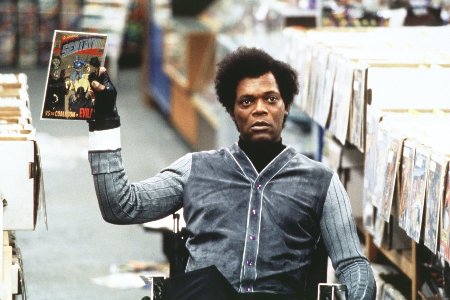- 37,287
- 19,666
- Joined
- Nov 17, 2004
Eagles beat writer Bob Brookover cites a source who claims Brian Westbrook's ankle surgery is more serious than the team is letting on.
"I'm just concerned that it is being underplayed," the source said. "It's a lot more than a little spur and it's much more than the knee arthroscopy he had (in February)." The Eagles have said the procedure is not major, and they expect him to be ready for the season opener. We won't have a clear answer until Westbrook undergoes the surgery on Friday, but his status for Week 1 looks even more iffy.
http://www.philly.com/philly/blogs/inq-eagles/Westbrooks_surgery_more_serious_than_reported.html

I'm 100% sure that if Bob Sanders tackled Brian Westbrook they would miss a combined 8 games.







